Average sizes and life expectancy for this breed:
Known to be comical and curious, the Bolognese is an intelligent and loyal dog breed that loves nothing more than to spend quality time with their human companions. Also known as the Bichon Bolognese, these white, fluffy dogs originated from the Italian city of Bologna, where they got their name.
Thanks to their loving natures and charming looks, Bolognese dogs have steadily gained recognition, however, they are still considered to be a relatively rare breed. They are known to be very adaptable as they can be happy living in a big house in the countryside or a smaller apartment in the city.
The Bolognese are excellent canine companions, being both affectionate and sensitive. Even with their small size, they are packed with plenty of personality! These loving dogs don’t really like being left alone for long periods because they are prone to developing separation anxiety. These are companion dogs by nature so they prefer to join their human companions wherever they go.
Bolognese can be stubborn when it comes to training, so positive reinforcement is highly recommended. Remember to avoid harsh training methods as these dogs are sensitive. With proper training and handling, these dogs can become devoted and obedient family pets.
The energetic Bolognese dog breed can make great walking companions, but they are not overly demanding for their need to exercise. The Bolognese adore being with their families but they are considered to be better suited to living with older children than toddlers. Because of their small size, they can be mistaken for toys by small children and they can get quickly overwhelmed by rambunctious toddlers!
See available puppies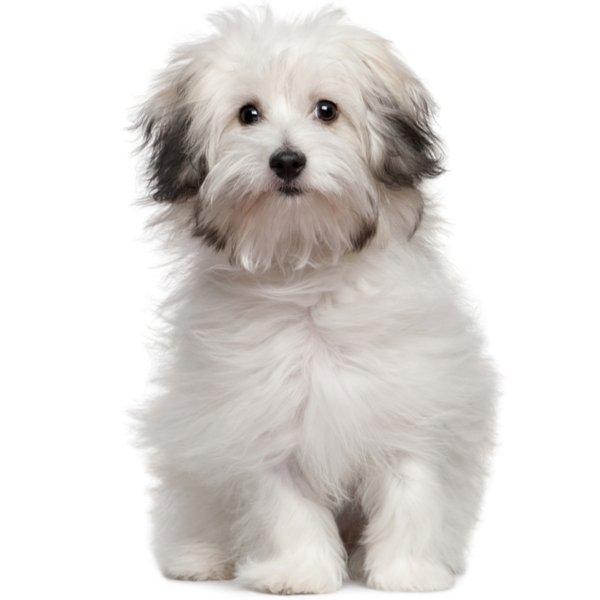

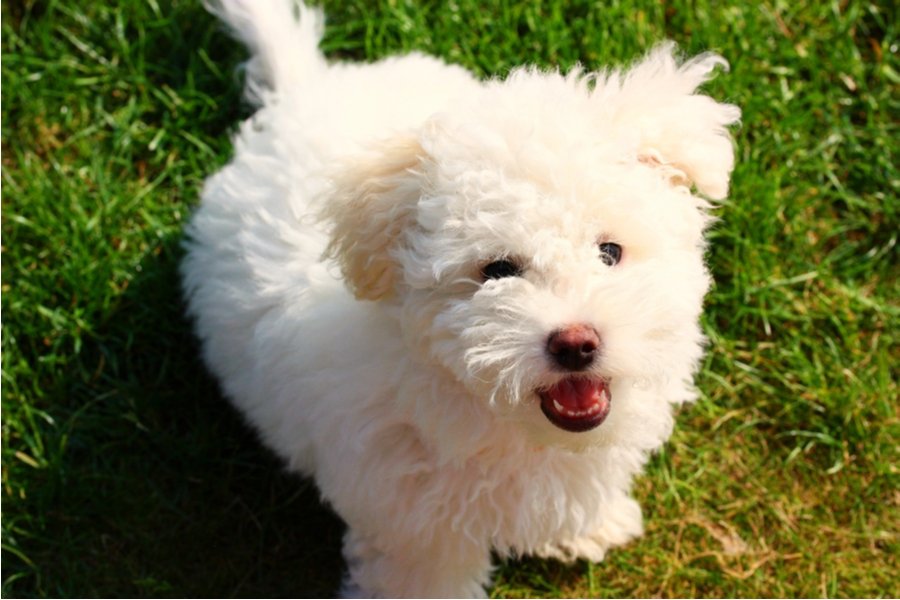


Bolognese dogs are believed to be descendants of the Bichon Frise – a dog breed that originated from Malta and Southern Italy. These dogs were given the name Bolognese as they were first bred and developed in Bologna, Northern Italy, and have been around since the 11th century. In the 15th century, the Bolognese were very popular with the Italian aristocracy when these dogs were kept as canine companions. They were even painted by the famous artists’ Goya, Watteau, Titian, and Gosse. The Empress Maria Theresa of Austria, Catherine the Great of Russia, and the Madame de Pompadour are known to have owned a Bolognese too. Images of similar-looking dogs can be found in Flemish tapestries that date back to the 17th century.
Other dog breeds that are linked to the Bolognese include the Havanese, Coton de Tulear, Lowchen, and the Maltese. However, these dogs are recognized in their own right and boast noble origins as well. Because of the unclear origins of the Bolognese, their exact roots remain a mystery, and there is still some debate as to whether or not the Maltese is a descendant or an ancestor.
The first Bolognese was brought to the UK in 1989 by Liz Stannard and the official British Bolognese Club was founded in 1994. Although, these beautiful dogs are still a rare breed, not only in their native Italy but elsewhere in the world. However, thanks to European breeders, more and more Bolognese are being produced through careful and selective breeding with the goal of increasing their numbers.
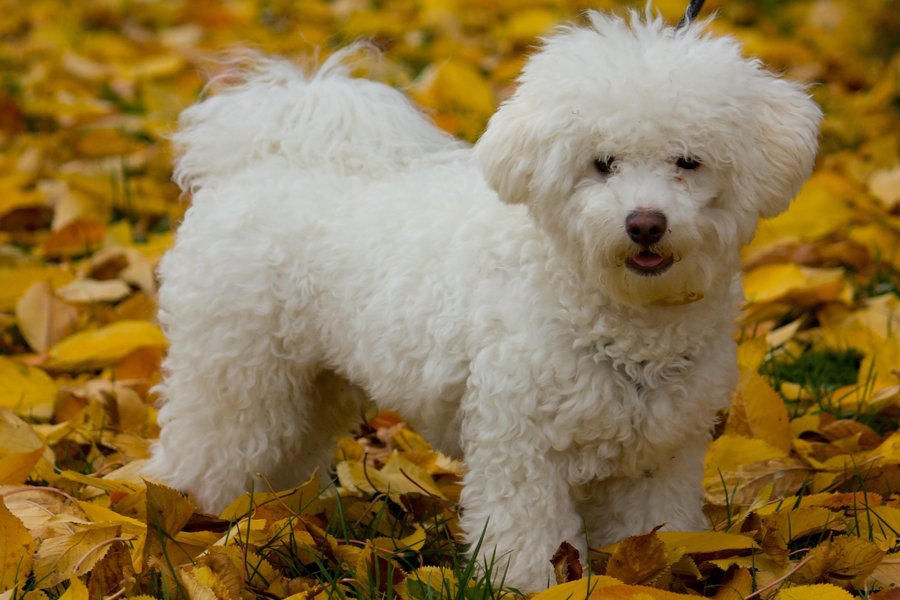
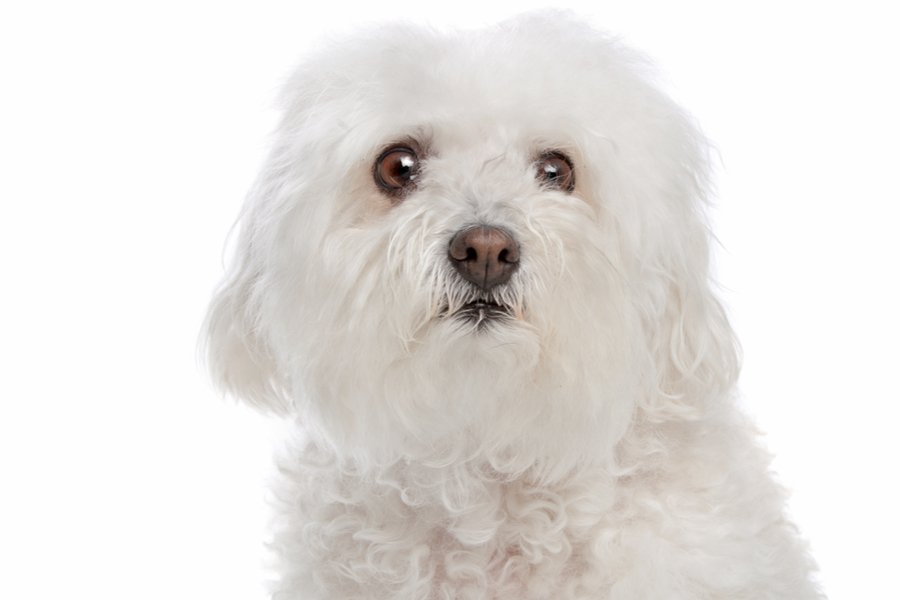
These charming dogs look very similar to their cousin, the Bichon Frise, as they both boast a distinctive flocked white coat. They both are compact little dogs with a square outline. Their heads are well-proportioned in relation to their compact bodies, with a wide skull, a large black nose, and a distinct stop. Their eyes are large, round, and dark in colour with well-pigmented rims. Their ears are long, pendulous, and set high on the head. Bolognese dogs carry their ears away from their heads, emphasizing their width and giving a broader appearance to the head.
Bolognese dogs have level jaws with perfect scissor bites. The neck is moderately long, with well laid-back shoulders and straight front legs. They have compact little bodies that boast well-sprung ribs and a somewhat deep brisket. Their backs are level and their loins are slightly arched. Feet are oval-shaped with black nails and pads. Their well-feathered tails are set level with their croup and carried curved over their backs.
The Bolognese’s coat is long without curl. They boast a pure white coat with no markings whatsoever. Their nose, eyelids, lips, and nails are always black in colour.
The Bolognese is a small dog packed with personality! They are loyal, intelligent, affectionate, and fun-loving. These charming little dogs love nothing more than to be an integral part of their family’s day-to-day activities because they thrive on human companionship. They are the perfect choice for individuals who can spend lots of quality time with this affectionate little dog.
Compared to other small dogs, the Bolognese boasts a calm character. They form deep and strong bonds with their human companions. However, they tend to be timid and a little wary of people they don’t know. This can be improved with training and early socialisation.
Bolognese dogs will warn you of any potential threats at home with their unusual deep bark. However, they are not known to be yappers, especially compared to many other toy breeds.
The Bolognese is an intelligent dog. Because of this, they need to be provided with lots of mental stimulation in the form of games, walks, and fuss. Moreover, they are prone to developing separation anxiety which may lead to behavioural problems in the long run. For this reason, they are best suited to homes where someone is around for most of the day.
These affectionate dogs are a good choice for first-time dog owners because of their amenable, loving, and people-oriented natures. They love to please and entertain their families. Moreover, they make wonderful canine companions for the elderly since they are not very demanding and do not need excessive exercise. Saying that, you must ensure you have the time to put into training.
They also have a very playful side. They can be a little mischievous and quickly learn what pleases their human companion. The Bolognese remain playful throughout their lives, which is one of the reasons why they are perfect as family pets in a household with older children.
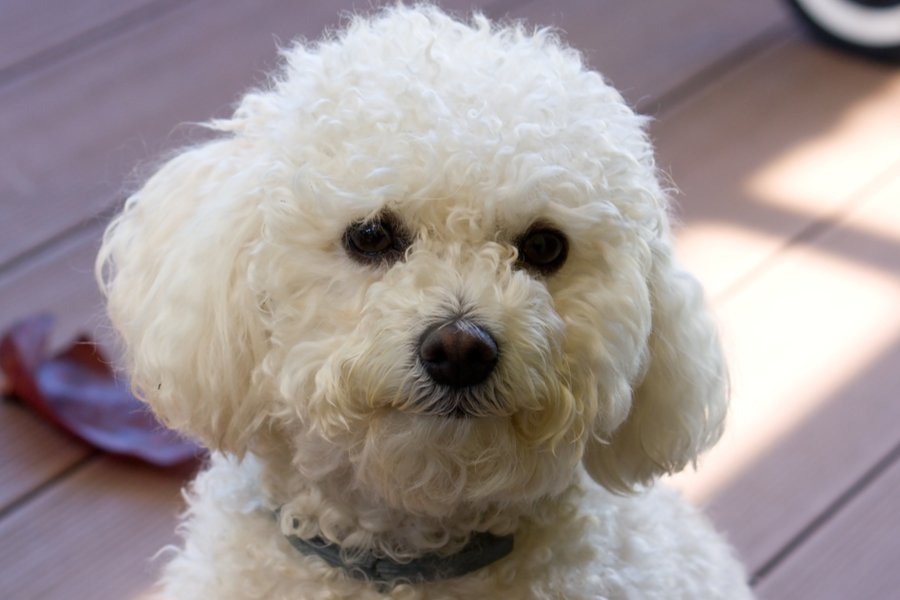
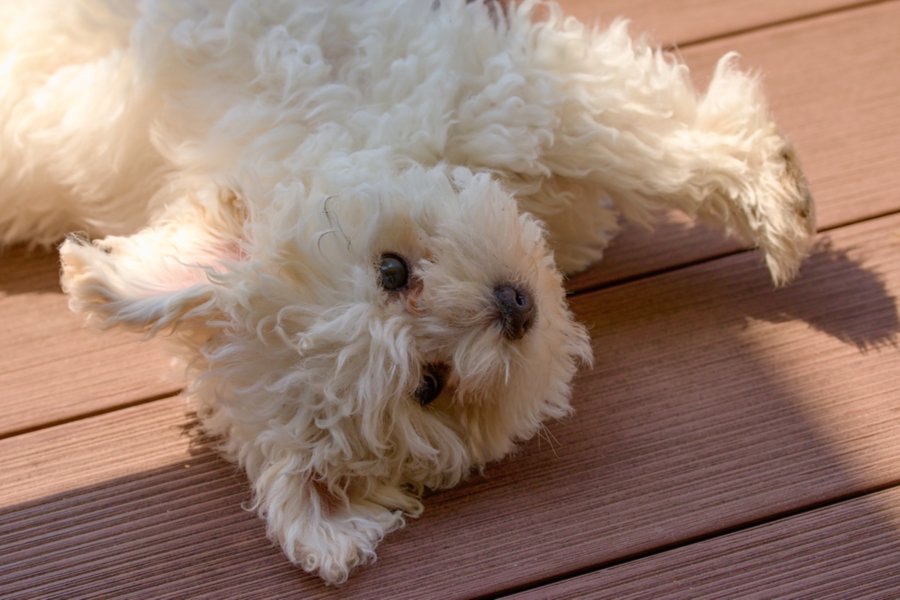
Known to be a clever and intelligent little dog, the Bolognese is relatively easy to train, given that they are provided with the right amount of training and socialisation from the start. But, since they are also quite sensitive, expect a Bolognese to not respond well to any type of tough or harsh training methods.
The Bolognese responds well to the positive reinforcement method of training. Start their training as early as possible so they grow and mature into obedient, well-behaved, well-balanced, and highly adaptable little dogs. Similar to other breeds, consistency is the key to training a Bolognese successfully.
These dogs can be a little boisterous in the beginning, so recall and lead training are essential. Use a favourite toy or treat to encourage your dog to walk beside you and introduce them to a collar for short intervals until they become accustomed to the feel of it. Never pull on a lead to ensure obedience. Instead, let your dog move in their own time and use positive reinforcement training methods.
Like other long-haired dog breeds, the Bolognese needs substantial grooming. You have two options to keep their coat clean and healthy. You can clip the coat shorter, which is an option many owners go with because it is easier to maintain. However, clipping will need to be done regularly and should be performed by a professional groomer. The other option is to keep the coat long and give them a brush thoroughly at least 3-4 times a week. Daily brushing is the best option to keep the coat in good condition and tangle-free.
Bolognese doesn’t shed profusely like other long-haired dogs, which potentially makes them a good option for allergy sufferers. However, bear in mind, that allergens can be present in the saliva and on the skin as well as on the coat. So, even a low shedding breed can trigger allergies.
Regularly check their ears to make sure they remain dry and free of any debris or any foreign objects. Clean their ears using clean cotton or a cloth moistened with a vet-approved ear cleanser. If you notice your dog regularly scratching their ears or shaking their heads, speak to your vet as these may be signs of infection.
Bolognese’s nails must be checked regularly and trimmed when needed. This way, their nails will remain in good physical shape. Ensure that you do this often to prevent very long nails as these can be very painful and uncomfortable for your Bolognese. While you do this, check their paw pads are wound, dirt, and injury-free.
For their dental hygiene, brushing their teeth daily is still the best way to prevent tooth and gum disease and bad breath in dogs. However, twice a week brushing is good enough to prevent any bacteria and tartar from growing excessively. Ask your vet what products work best to clean their mouth, teeth, gums, and tongue.
Also, look at their whole body as you groom and clean them to see if there are any rashes, tenderness, wounds, and other signs that your Bolognese may have an infection and or health condition. Check their eyes, too, as they must be clean and clear without irritation, soreness, or discharge.
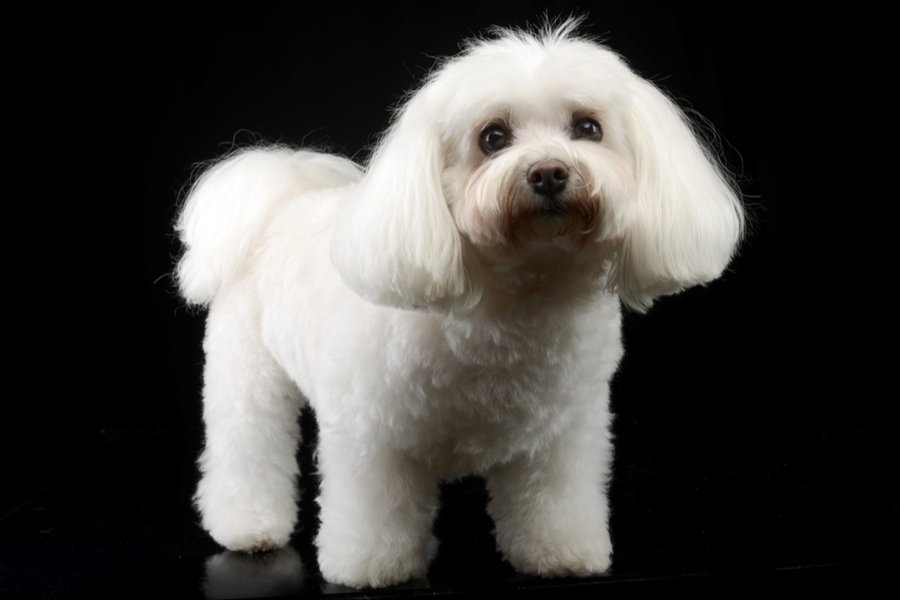
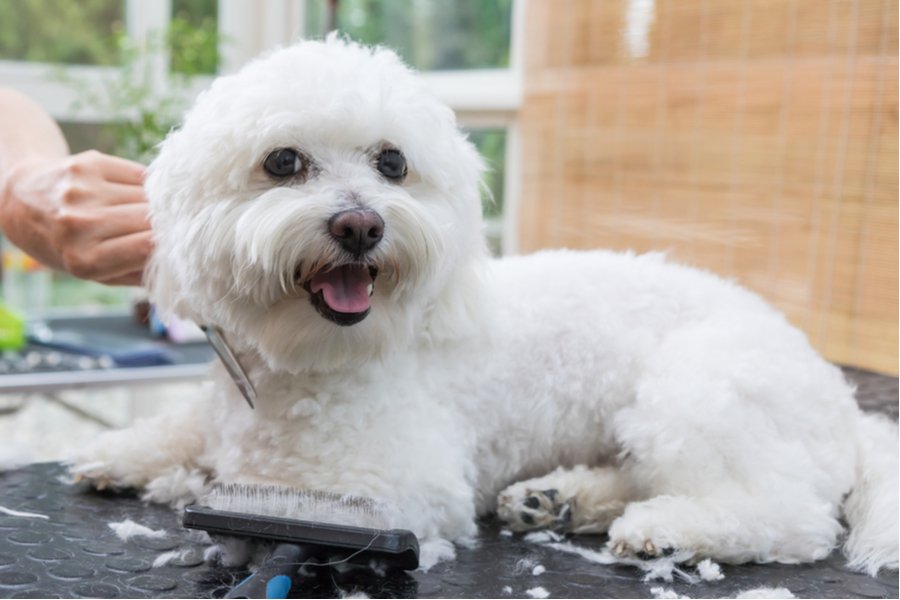
The Bolognese’s average life expectancy is 12-16 years, making sure that they are provided with proper care and handling, eating high-quality food and healthy nutrition that fits their body and age requirements. The right attention, affection, and exercise regimen are also important.
These little hardy dogs are known to be a healthy breed, but the Bolognese may develop some health conditions. The Bolognese is still a relatively rare breed so it's essential that you only purchase a puppy from a licensed breeder to ensure they have been well cared for, appropriately weaned, and socialised. A good breeder will also perform DNA tests on your new puppy to check for any underlying health issues. Here are some of the more common health conditions seen in Bolognese:
These delicate little dogs are renowned for their happy characters – one of the reasons why Bolognese dogs are becoming increasingly popular. They are a good choice for first-time owners because they thrive on human companionship and they adore children. But it would be best to let your Bolognese interact with older children as they would know how to properly handle and interact with small dog breeds. As always, adult supervision is a must to avoid any accidents.
A well-socialised Bolognese is generally good around other dogs. Same with smaller pets and cats, especially if they have grown up together. Just remember, if they are meeting for the first time, make sure to introduce them gradually and in a controlled and safe environment.
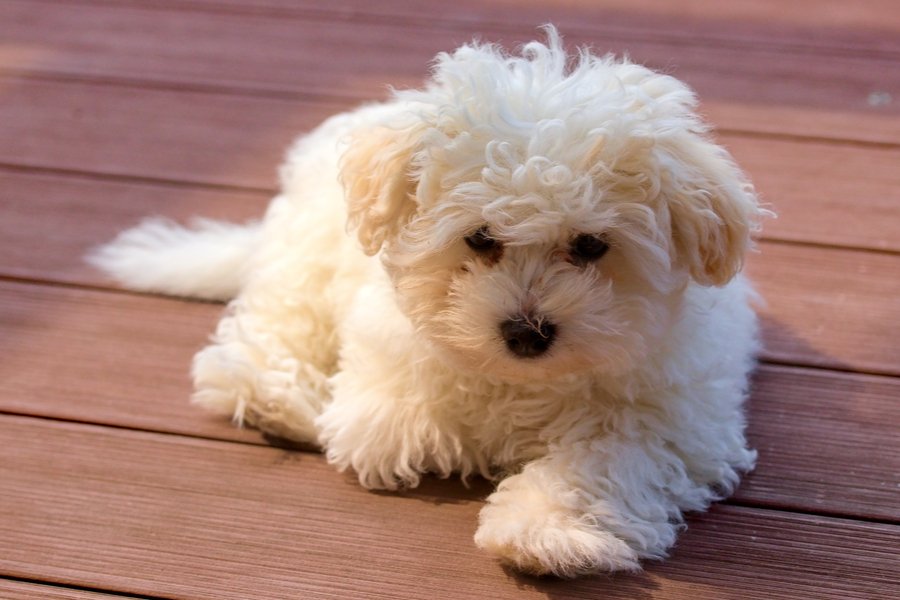
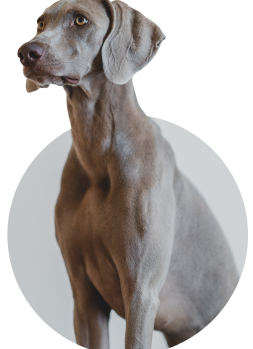
We can connect you with Breeders that are specialized in this particular breed.
See available puppies

Need some advice?
Whether you're a first time pet owner, an experienced pet owner, a new or long-time breeder, or just curious about pets, we've got you covered!
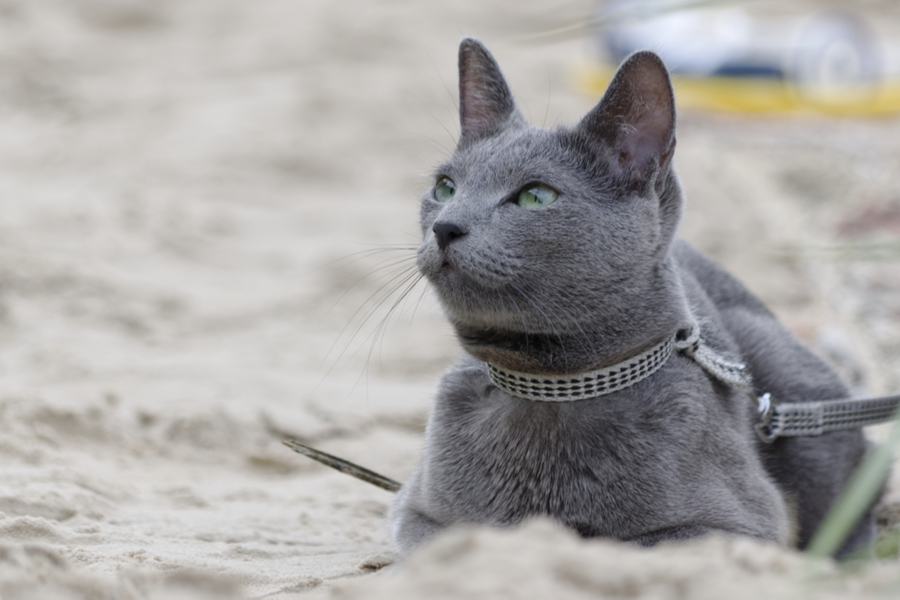
January 17, 2024
What Is The Personality Of Russian Blue Cats?
Russian Blue cats are most known for their distinctive shimmery blue-silver coat and piercing green eyes. However, this breed’s calm and gentle temperament is what makes them shine the most in the feline world.
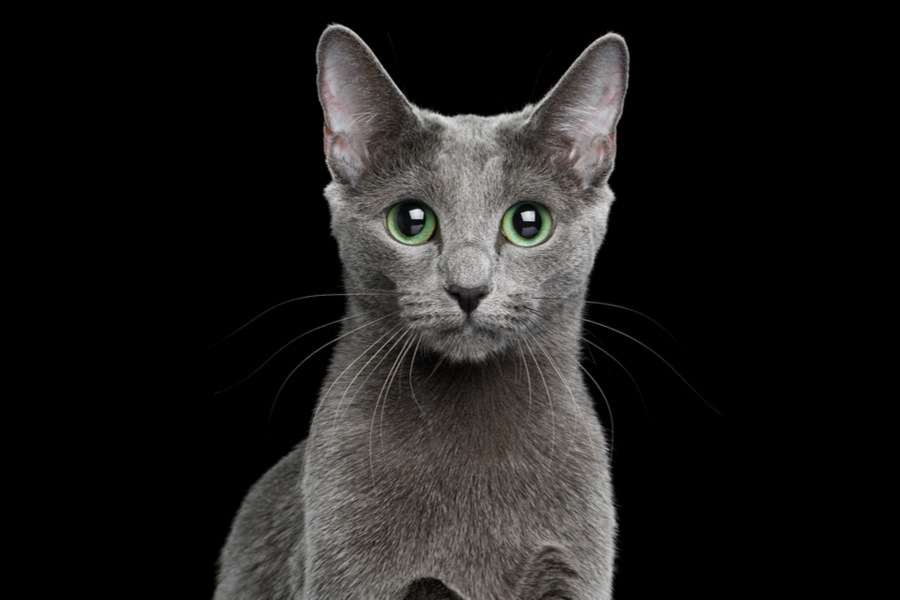
January 17, 2024
10 Facts About Russian Blue Cat Breed
Russian Blues are one of the most aesthetically stunning cat breeds, with a gorgeous plush silvery coat and vibrant green eyes. However, it’s not only their appearance that is beautiful; their nature is too.
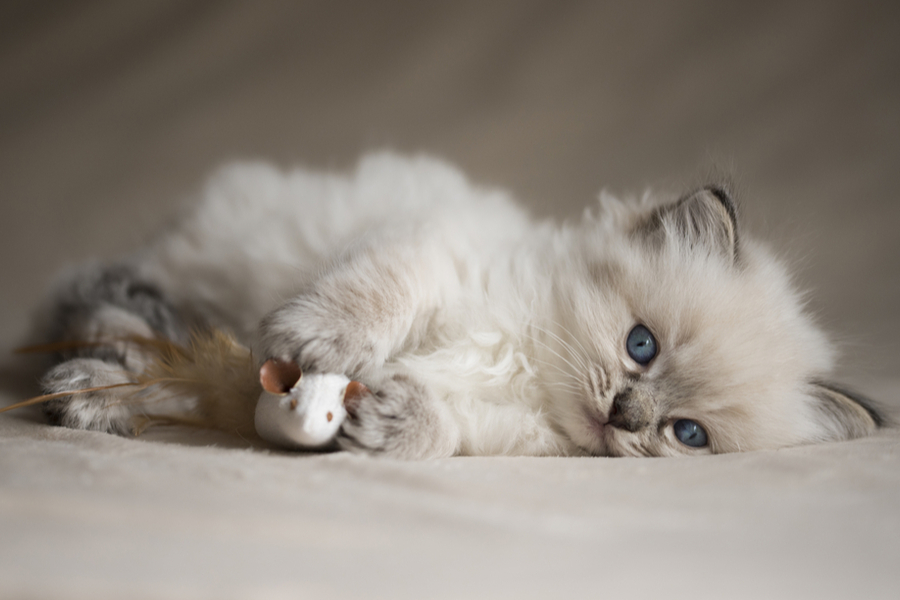
January 17, 2024
How To Choose The Right Cat Breed for You
Cats can make the most fantastic animal companions; they are adorable, friendly, and loving. However, not all felines are created equal. There are many different breeds, of which each has its unique personality traits.
Need some help?
Contact us to speak to our friendly advisor, who will gladly help you find your dream pet!



We are registered in England and Wales under registration number 12568840,
and our registered office is at 58-60 Kensington Church Street, W8 4DB London, England.
© 2023 The Pedigree Paws